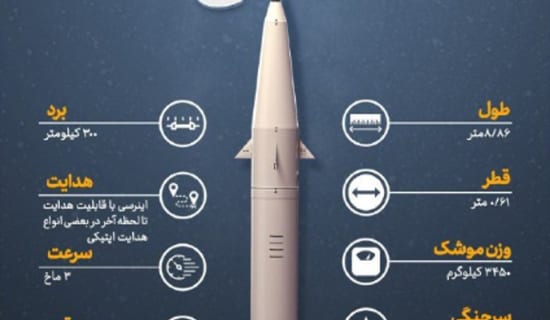The May 22-28, 2003 issue of Al-Ahram Weekly featured an article by Lina Mahmoud on the subject of violence against women on Egyptian television. The article focused on the results of a media monitoring project conducted by the New Woman Research Center (NWRC) and the Media House (MH), an independent production company. According to the article, the project, which monitored 18 television dramas [1] shown on Egyptian national television during Ramadan 2002, is the first of its magnitude to study the portrayal of violence against women in Egyptian media. The following are excerpts from the article as it appeared in English:
'High Illiteracy Rates in Egypt Give Media an Uncontested Role in Dictating People's Behavior and Ideas'
"The group counted the number of cases of violence shown on the programs. The study was conducted during the month of Ramadan because it is the month with the highest television viewer rates. According to [Nalwa] Darwish [of the NWRC], 'Audiovisual media has a great influence in shaping the collective consciousness of Egyptians. The extremely high illiteracy rates in Egypt, among women in particular, give media an uncontested role in dictating people's behaviour and ideas…'"
'Programs Included Scenes of Violence Against Women Carried Out by Those Closest to Our Hearts'
"The report of the findings of the study shows that all of the programs reviewed last Ramadan included scenes of violence against women. 'The problem is that those who perpetuate the violence are the heroes of the episodes, are those who are closest to the hearts of the audience and hence have the largest impact on them,' said the report."
"The report also addressed the ways viewers react to violence. Just as disturbing as the portrayals of violence against women is the lack of public outrage to them. In many cases, observers responded with either indifference or approval, making such aggression seem commonplace or justifiable."
"The majority of the women portrayed in the television episodes were housewives, followed by a large number of students. Unemployed individuals comprised 5.1 percent of the characters. The report argued that this is not an accurate representation and that the actual unemployment rate for women is much higher… Many of the soap operas featured educated characters, particularly university graduates, ignoring the fact that half of the Egyptian population is illiterate."
'Beating was the Most Prevalent Mode of Physical Violence Against Women'
"Beating was the most prevalent mode of physical violence against women in the dramas, accounting for 42 percent of all physical aggression. Other forms of violence included killing (13.1 percent) and forms of sexual abuse. Incidents of verbal and sexual harassment were found in many of the shows and withholding sex from wives was portrayed as a form of punishment."
"In all of the cases of violence against women, 41.9 percent of the 'heroines' displayed active resistance, whereas 31.1 percent accepted the abuse. This resistance was usually verbal in form, although one woman reacted by killing herself and another became physically paralyzed. Further, 67.3 per cent of the men who acted violently against women displayed no remorse. Thirty percent felt guilty and shameful."
'Most of the Women Played Negative Roles'
"Most of the women in the programs played negative roles. The few women who were portrayed positively were shown as naïve or harmless wives, lovers, and mothers."
"Darwish expressed her uneasiness at the results of the report. 'In 12 serials, there were 500 violent episodes. This means there are one or two scenes of violence in each part of a serial. This is too much. Moreover, not a single series was free of violence against women.'"
Reactions: 'Women Deserve to be Beaten'
"After the completion of the report, a documentary was filmed in which people were questioned about their reactions to violence in television dramas. 'Women deserve to be beaten,' responded one viewer. 'A husband should beat his wife if she does something wrong,' said another. One woman said that 'men are so cruel to women. They should be merciful.' A young man commented that beating a woman makes her 'more stubborn.'"
"The meeting convened by the NWRC and MH [in which the study results were released] posed several important questions. What is required of the media? Should the media portray violence against women? Should television programs condemn violence against women or reflect it as it is? Most everyone seemed to agree, however, that television should stop stereotyping women negatively and avoid showing violence against women in a positive light." [2]
[1] "Among the serials were Asa'd Ragul fi Al-Alam (The Happiest Man in the World), Al-Atar wa Al-Saba'a Banat (The Herbalist and His Seven Daughters), Qassem Amin, Ayna Qalbi (Where is My Heart?), Amira fi Abdeen (A Princess in Abdeen), together with six films shown on the two main Egyptian channels, Channel One and Channel Two. Among these films were Al Hafid (the Grandson), Al Zawga 13 (Wife Number 13)."
[2] Al-Ahram Weekly (Egypt), May 22-28, 2003, http://weekly.ahram.org.eg/print/2003/639/fe3.htm








